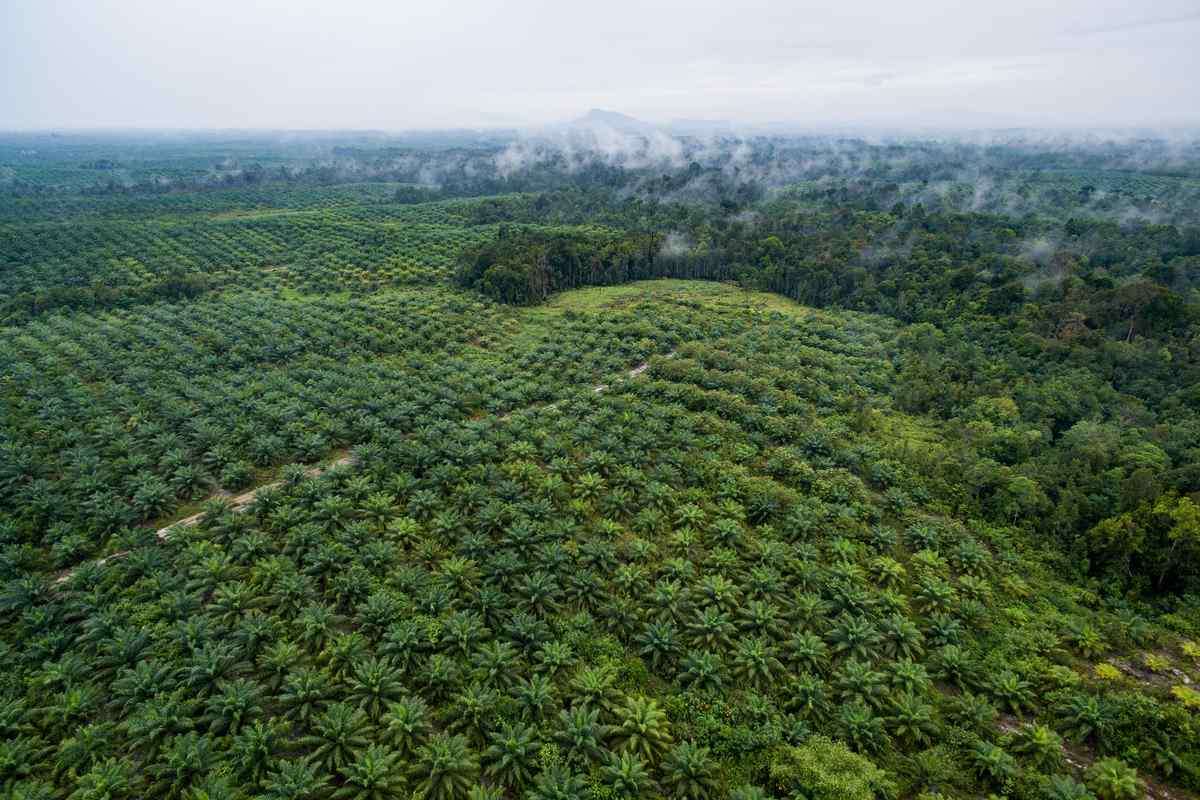Barcelona Church Under Construction for 141 Years Finally Gets its 4 Towers-Named Matthew, Mark, Luke, John
Now only the tower of Jesus remains unfinished, and when the scaffolding is finally pulled down it will be the tallest cathedral in Europe.

The palm oil boom changed Southeast Asia forever, but the government of Indonesia is not going to let bygones be, and has set up a task force to comb through all oil palm plantations and force those that were created on protected land to leave.
In total the government estimates that half a million acres, or around 200,000 hectares of plantations will be removed in order to restore the tropical rainforest that should be there.
Both the internal security and environmental ministries have come together to work on ejecting the plantations, with Indonesia's chief security minister Mahfud MD threatening to pursue legal action against palm oil companies that continue to use land illegally after the deadline passed last week.
When critiquing government action, especially on environmental issues, it's important to remember that all governments are inherently slow and inefficient—developing ones more so, and considering the mountainous, forested terrain of rural Indonesia that encompasses thousands of islands, one begins to understand how it's possible that just 40% of plantation owners operating in forests have even been identified.
The first step for the task force, Reuters writes, was to place a deadline for the submission of paperwork detailing where and how much land each plantation owner is working, and those that are found to be in what should be forest will be evicted.
The paperwork is necessary for obtaining cultivation rights, and those operating without will receive criminal charges.
"The ones in protected forests and conservation forests, the government wants to restore after they pay the fine," forestry ministry secretary-general Bambang Hendroyono told reporters in Jakarta, adding this will be part of the government's efforts to mitigate climate change.
In total, Hendroyono estimates that around 200,000 hectares of land should be reclaimed for nature by the end of the program.
Indonesia is one of the world's most biodiverse countries on Earth. The vast archipelago of isolated tropical rainforests has created a high degree of endemism which has been threatened by palm oil plantations.
Those trends have reversed in some cases, with a moratorium on new oil palm plantations resulting in higher and higher rates of forest survival.
SHARE This Good News For Nature With Your Friends Concerned About Palm Oil…
Be the first to comment